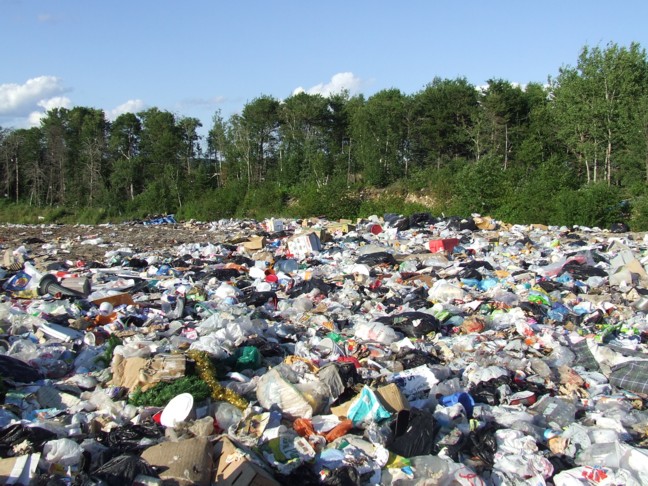
The organisations representing both the British and Dutch waste management industries have called for continued trade in waste for recycling and recovery post-Brexit.
In a joint statement, Jacob Hayler, executive director of the Environmental Services Association (ESA) and Dick Hoogendoorn, director of the Dutch Waste Management Association, called on both the UK and EU authorities to maintain “as far as possible frictionless trade” in waste for recycling and recovery.
Jacob Hayler, executive director of the ESA and Dick Hoogendoorn, director of the Dutch Waste Management Association
The statement read: “ESA and DWMA believe that unnecessary trade barriers and tariffs on trade in waste materials between the UK and the EU must be avoided. Instead, the UK and the EU should capitalise on the potential for neighbouring countries to continue to work closely together towards a low carbon circular economy.”
RDF
In the joint statement, it was explained that around 3 million tonnes of recyclable materials are exported from the UK to other EU countries, which is said to be worth £900 million.
Also, the UK exports around 3.5million tonnes of RDF to EU countries for energy recovery, at the cost of £320 million. This, according to the statement, is significant as the UK currently “does not have enough facilities in place for recovering energy from its non-recyclable waste and recycling residues”.
The statement added: “The UK industry is seeking to develop additional EfW facilities to close this capacity gap, and has called on Defra to put in place the measures necessary to help achieve this. In the meantime, paying other EU countries to import RDF from the UK to convert into energy in their countries makes economic and environmental sense, as a temporary measure until UK capacity is built.”
Dutch perspective
From the perspective of Dutch and other West European operators, Brexit could lead to a reduction in waste streams in their installations and therefore a decrease in the production of sustainable raw materials and renewable energy, according to the statement.
Dutch waste companies can help with the treatment of waste for recycling and recovery from other European countries until they have developed sufficient capacity.
Dick Hoogendoorn, DWMA
Mr Hayler and Mr Hoogendoorn went on to outline that both the ESA and DWMA want to be able to continue to innovate and invest in new capacities and technologies, which strongly contribute towards both the UK and the EU’s climate change objectives.
Dick Hoogendoorn
Commenting after the release of the joint statement, Mr Hoogdendoorn added that the waste sector across Europe needs to be willing to work together to stop large-scale landfilling across Europe.
He said: “Our waste sector is willing to lend other member states a helping hand. Dutch waste companies can help with the treatment of waste for recycling and recovery from other European countries until they have developed sufficient capacity. Nations are becoming increasingly interdependent concerning the sound treatment of waste. This counts for almost all countries within Europe.”

